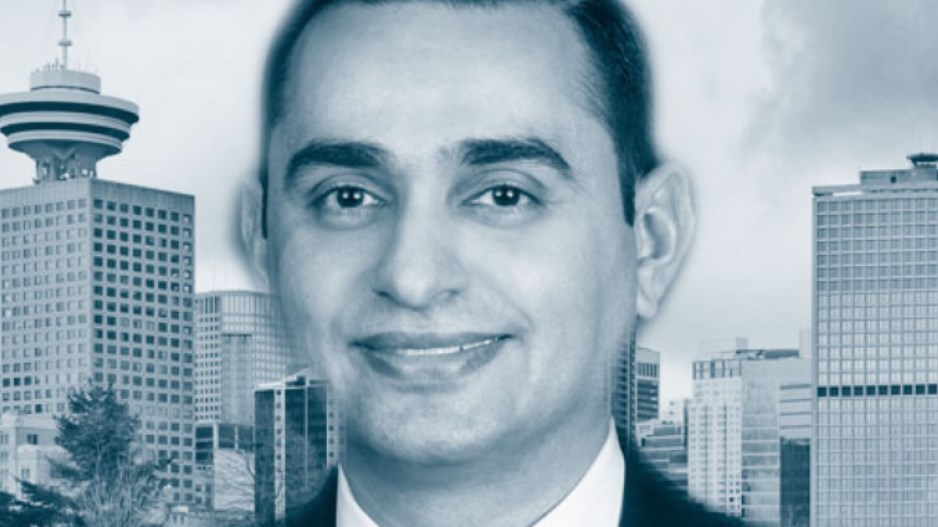It was in London that I first realized what a major accomplishment we had made with regards to cannabis legalization in Canada, and that we are viewed favourably around the world for our accomplishments on the medical as well as, more recently, the recreational side.
Paris was one of more than a dozen cities where I have visited and spoken at cannabis events in the past year. That list also includes London, Panama City, Sydney and even Bangkok.
The stories I hear from conferences I participate in around the world are fascinating. When in Paris for the Cannabis Europa conference, I could not help but notice an 80-year-old lady during the industry day. I went up to her and asked, “What part of the industry are you in?” (Or interested in, given that cannabis is not legal for any purpose in France.)
She said, “I have used cannabis [albeit illegally] for the last 10 years to help me with my arthritis. I want to ensure that I do my part at making sure we legalize it in this country, as I have seen first-hand the benefits it has had for me in my situation. We love to see what Canada has done on this and applaud your government for this.”
Despite the usual suspects (politicians, industry enthusiasts, North American cannabis players, etc.) who attend these events, I can’t help but notice a similar reaction, and more importantly enthusiastic participation, from patients who come out to these conferences.
It is not surprising that we are seeing increasing acceptance of cannabis, at least for medical purposes, at a global level, in countries such as the U.K., Thailand, Korea, South Africa and the Philippines. Those countries are coming on board, and developing regulations and legislation for cannabis for medical purposes. Recently, countries such as Luxembourg and Malta have said that they intend to legalize cannabis for recreational purposes.
Finally, there are three interesting developments to note on the international stage that relate to cannabis.
First, the World Health Organization recommended that member states of the United Nations look at rescheduling cannabis and provide further clarity on CBD (cannabidiol). If adopted, this would change the scheduling of cannabis on an international level and have implications on the UN conventions of 1961 and 1971, which have scheduled cannabis very stringently.
Second, the European Parliament recently passed a resolution calling for the European Commission, and EU member states within it, to come up with a uniform definition of medical cannabis.
Finally, the U.S. recently approved its farm bill, which takes hemp, defined as cannabis bearing THC (tetrahydrocannabinol) below 0.3%, out of the Controlled Substances Act. This includes extracts from hemp, including CBD. It now puts CBD into the hands of regulations made by the U.S. Food and Drug Administration.
These are developments I will be watching closely, in addition to watching every new country that comes on board in support of a medical cannabis policy and regulatory framework.
The dominoes, as they say, are falling quickly, as it relates to the cannabis file, and I must admit even I am having a hard time keeping track of the constant developments on the international stage. •
Deepak Anand is CEO of Materia Ventures and an expert in cannabis policy, regulations and strategy. You can find him on Twitter @_deepakanand.




